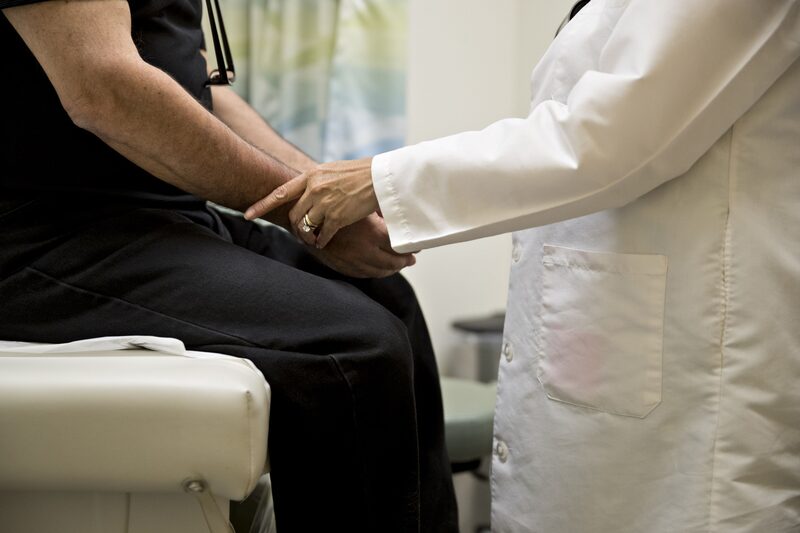Bloomberg — Black and Hispanic patients with a serious liver-scarring condition are less likely to receive transplants than their White peers in the US, according to researchers arguing for greater equity in providing the life-saving procedure.
Even after improvements from 2009 to 2018, Black people hospitalized for the liver ailment, cirrhosis, were only about two-thirds as likely to get transplants as White patients, according to the analysis of a national database of hospital stays. For Hispanic patients, the gap widened over the 10-year period, making them now three-quarters as likely to receive the organs as their White counterparts.
Chronic liver disease and cirrhosis combined to kill more than 56,000 Americans in 2021, and were the ninth most common cause of death in the US. Cirrhosis is more deadly in Black than in White Americans, the researchers said, though it’s less likely to lead to death in Hispanic people, a finding that the authors say requires more research to understand.
Doctors and other health-care workers should undergo training to prevent discrimination among liver patients, the authors said. Expansion of Medicaid, the government health program for the poor, along with clinical trials studying barriers treatment, could also help narrow the gap, they said.
“Despite all the efforts that have happened over the past decade to improve health disparities, we need to be much more intentional, both as a health-care community and in public policy, to address them,” said Archita Desai, an assistant professor of medicine at Indiana University in Indianapolis who co-led the study.
Black and Hispanic patients were also less likely to receive stents that relieve high blood pressure in veins flowing into the liver, a complication of cirrhosis that can cause internal bleeding and fluid buildup. However, they were more likely than White people in 2018 to undergo dialysis, a blood-filtering procedure used when liver scarring affects the kidneys. That procedure is easier to access than a transplant, is paid for out of government funds, and patients often undergo it while awaiting a new liver or kidney.
Read more on Bloomberg.com



